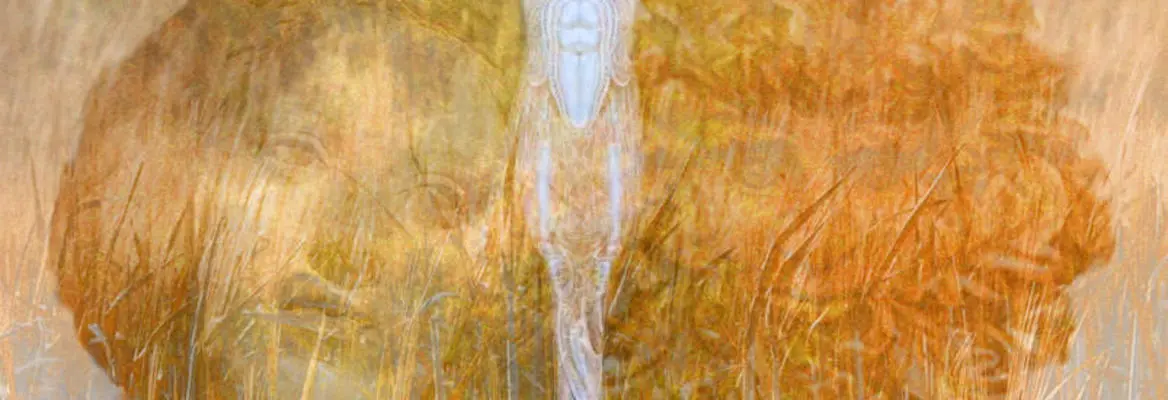The first thing that needs to be emphasised about Paganism is that you are likely to find yourself being contradicted if you try to generalise about it. The very meaning of the word is open to debate. In the past it has been used to denote any religion (or non-religion) that was not Christianity or one of the other Abrahamic faiths. It is commonly associated with polytheism or pantheism, but monotheistic Paganism can be found too.
The emergence of Paganism in the UK and USA [has been] accompanied by a similar upsurge in other parts of Europe: Scandinavia, the Baltic region, the Caucuses and parts of Russia are regions where Pagan rituals are practised and Pagan deities are worshipped. These are frequently associated with local myths and sites, but this is not always the case. North American Pagans may draw not only on Native American, but also Celtic, Norse, Anglo-Saxon traditions – not to mention a wonderful array of ‘invented traditions’. Contemporary Paganism in its Wiccan form is often associated with people like Gerald Gardner (1884-1960) who claimed to have been initiated into a coven in 1939 and that Wicca was a direct continuation of pre-Christian religious practice. Westerners who claim to trace their spiritual roots back to pre-Christian times consider Christianity to be the usurping ‘new religious movement’. Today Paganism is itself frequently classified as a new religious movement.
The Pagan Federation of Great Britain was founded in 1971 as a loose network of Pagans concerned to counter misconceptions and ensure that Pagans would be as free to worship as any other religion. The Federation explicitly embraces a number of different traditions, including Wicca, Witchcraft, Heathenry, Druidry, Shamanism, Goddess Worship and veneration of the Horned God – all of which can themselves be manifest in a variety of ways. The Federation does, however, provide a definition of Paganism as a polytheistic or pantheistic nature-worshipping religion.
Amid the diversity, there are certain themes that are commonly found within Pagan communities. These include a reverence for nature, and a celebration of the female as well as the male aspects of the Divine. Most Pagans celebrate at least the eight principal seasonal festivals each year, but there are variations between traditions and across geographical areas. Some Pagans band together in covens or small groups, perhaps joining others for the main festivals. But there are also an untold number of solitary Pagans who practise their faith by themselves. They may be solitary from choice, but it may be that they fear to acknowledge their beliefs and practices to others – and even among those who take part in rituals and belong to covens there are those who have not ‘come out’, but keep their beliefs hidden from family, colleagues and non-Pagan friends. It might be worth mentioning that it was not until 1951 that the Witchcraft Act was repealed. Most Pagans stress that they do not practice black magic and are not involved in devil worship (Satan is seen as an invention of the Abrahamic faith), but there are a few who do pursue the ‘Left-Hand Path’, exploring and even celebrating the darker side of (human) nature.
___
"Paganism provides a range of rich and coherent worldviews that hundreds of thousands have adopted as their spiritual path."
___















Join the conversation